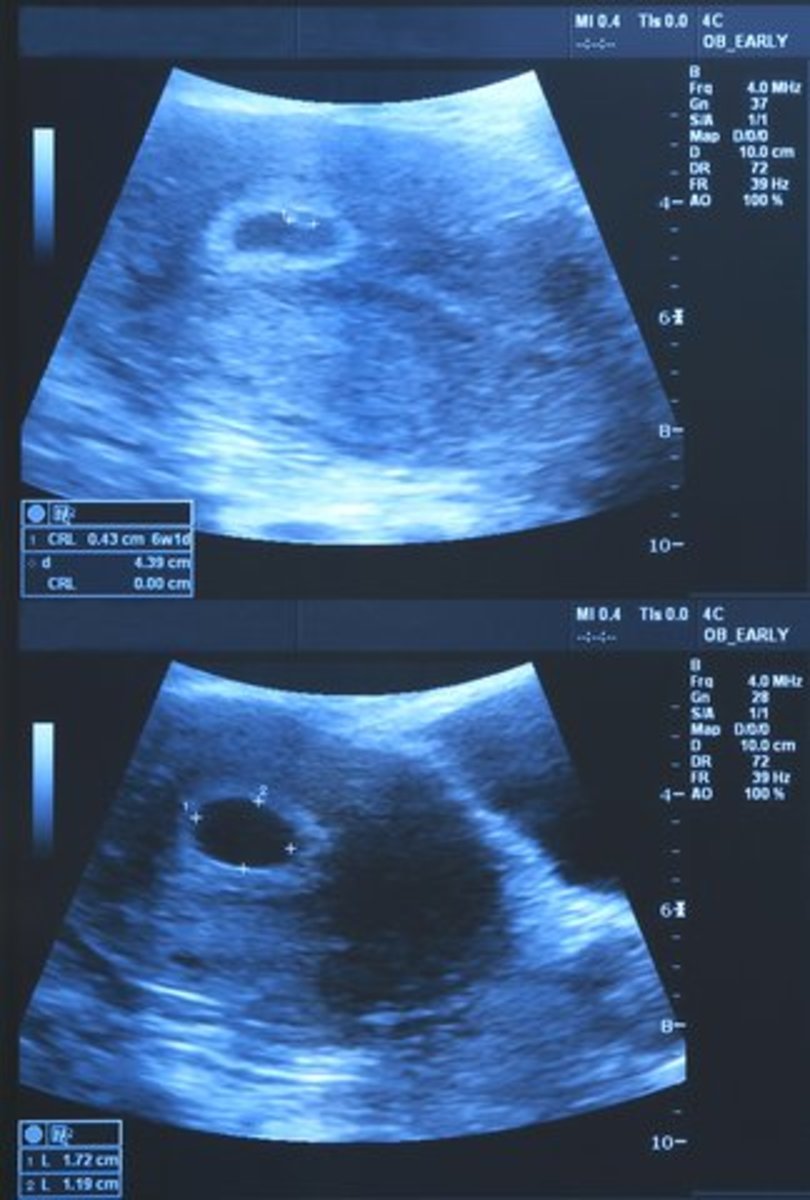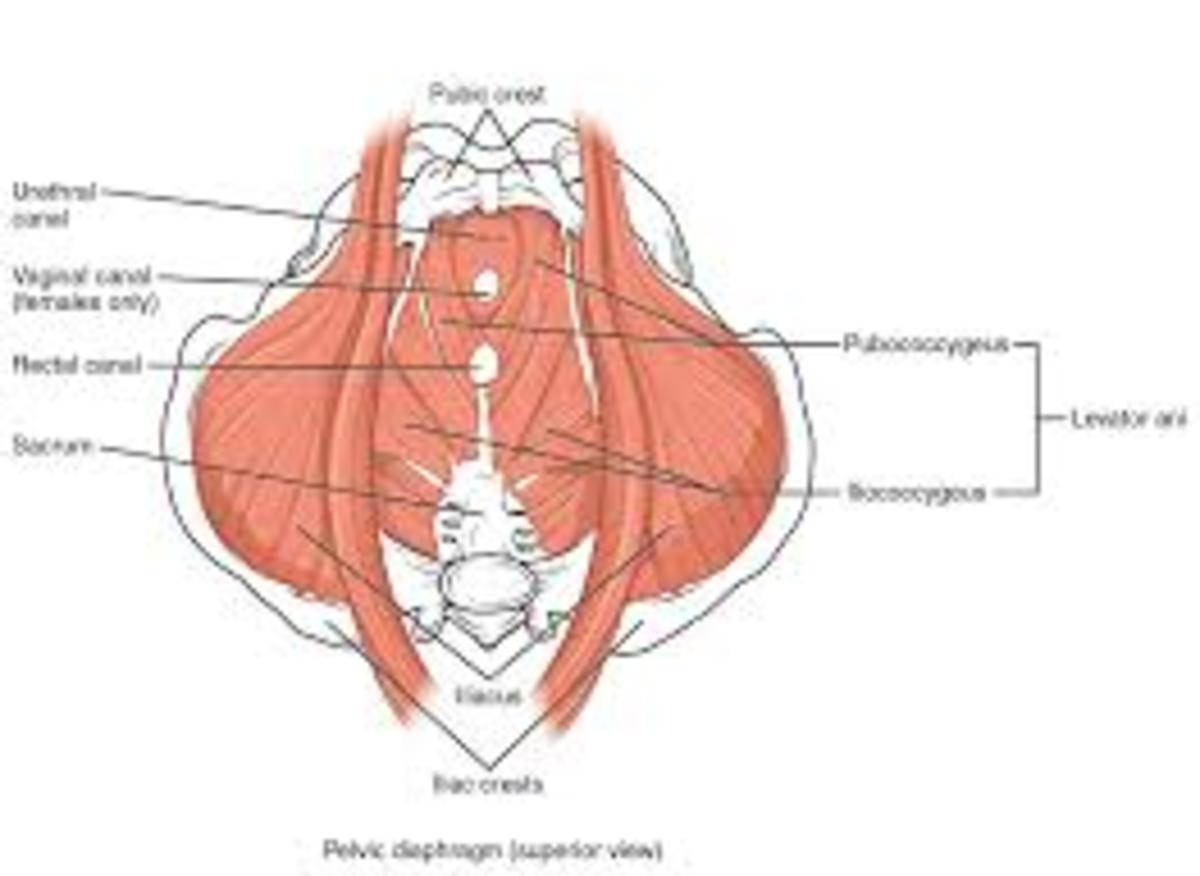5 reasons when a woman will need hysterectomy

Hysterectomy has become pretty common. The term means surgical removal of the uterus. Sometimes the supporting tissues and cervix are also removed along with the uterus. A woman cannot get pregnant after having a hysterectomy. Mostly these surgeries would not pose themselves as emergencies. A woman would have enough time to discuss with the doctor and consider the options. Hysterectomy or uterus removal can become necessary in different scenarios - to correct a serious problem, to save life or to improve the quality of life.
Let us look at 5 reasons why a woman would need to perform a hysterectomy.
- Uterine fibroids - One of the most common reasons why hysterectomies are done is because of fibroids in the uterus. Fibroids are quite common and benign tumours grow in the uterine muscles. A lot of women may not even know that they are having them. However, it might lead to significant heavy bleeding. Pain can also be a symptom of this problem.
- Endometriosis - Endometriosis is a benign condition and it heavily affects the uterus. Among the reasons to have a hysterectomy, it is the second most common reason. The problem occurs when the endometrial tissue on the inside of the uterus starts growing outside the uterus and on the nearby organs. Painful menstrual periods can be a result of this. There could even be abnormal vaginal bleeding and loss of fertility.
- Uterine prolapse - Uterine prolapse is a benign condition. IN this case, the uterus moves down from its usual place into the vagina. This occurs due to stretched and weak pelvic ligaments and tissues. It can lead to pelvic pressure, urinary problems or difficulty with bowel movements. Obesity, childbirth and loss of oestrogen can also contribute to this problem.
- Cancer - As much as 10% of all hysterectomies need to be done due to cancer within the female reproductive organs. Uterine sarcoma, endometrial cancer, cervical cancer and cancer of the fallopian tubes or ovaries would often require a hysterectomy. Other kinds of treatment might also be applicable. However, it would depend on the type and extent of cancer. Hormonal therapy or radiation can be used as well.
- Hyperplasia - In hyperplasia, the lining of the uterus becomes too thick. It is accompanied by abnormal bleeding. It is believed that too much oestrogen can be a cause of this.
Just like with any major surgery, it is important to make sure that the woman has gone through careful diagnosis from a physician. The surgical risks of hysterectomy are among the lowest of all major surgeries. The woman would need to discuss the pros and cons of the surgery thoroughly with the physician. A better result can be ensured by weighing the options. The physician would offer a thorough understanding of what to expect during and after the operation.








